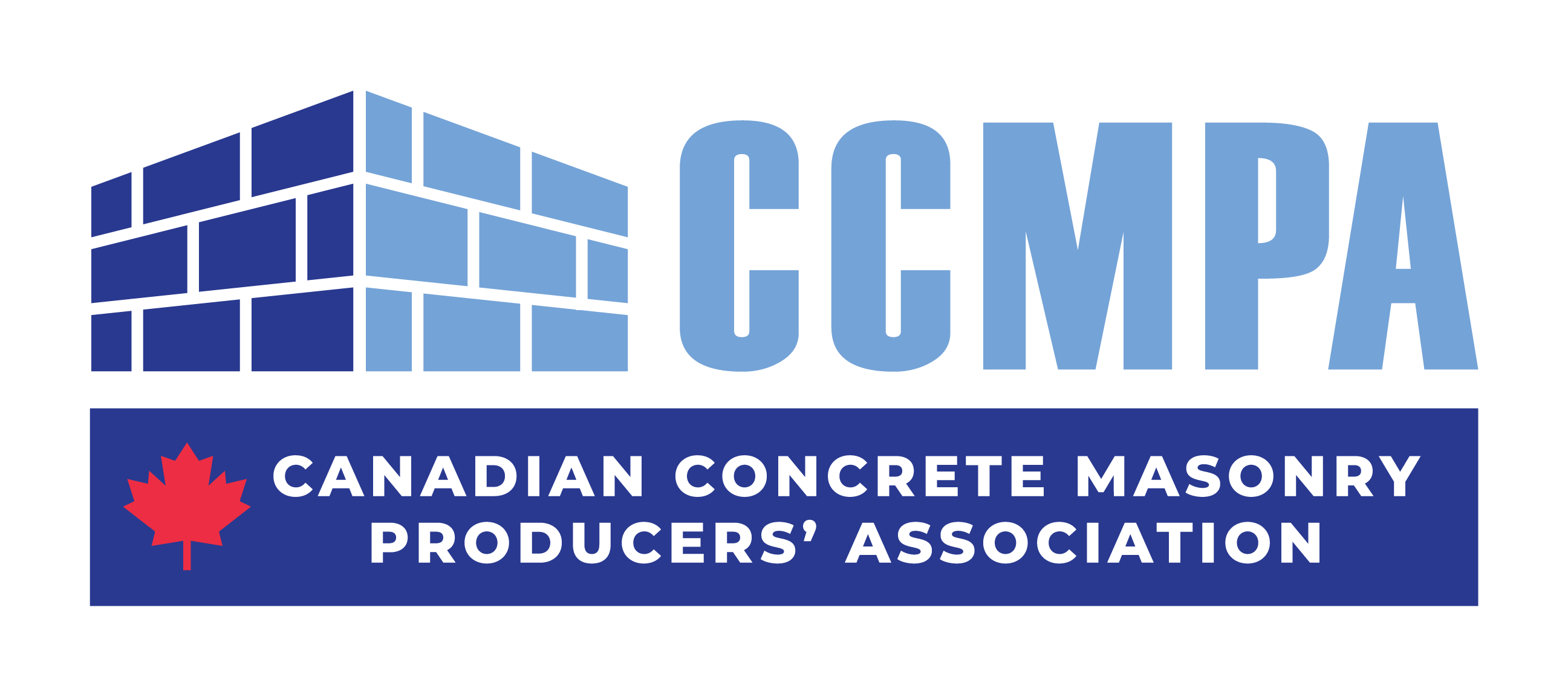Edmonton Fire Chief Speaks Out
Edmonton fire chief fears public at risk because new homes burn too quickly
Jim Macdonald, THE CANADIAN PRESS
EDMONTON – Lives are being put at risk in Alberta because inadequate fire and building codes mean that newly constructed homes are burning much too quickly, says Edmonton’s fire chief.
Randy Wolsey says the codes that came into force last year contain too many shortfalls.
“The system is broken and needs to be fixed,” Wolsey said in an interview. “It’s about public safety.”
The chief has some alarming statistics to back up his claim.
“Alberta’s new homes burn three to seven times faster than they did previously,” he said, pointing at new building materials such as engineered wood products, which burn much quicker and hotter than natural wood.
Wolsey cites statistics he gathered recently suggesting that Alberta has 10 per cent of the fires in Canada but 20 per cent of the total property losses.
“Something’s wrong there.”
The Alberta government was forced to respond to the fire safety issue last summer after a wind-driven fire whipped through the new MacEwan Green neighbourhood in south Edmonton.
The blaze spread so quickly that firefighters could do nothing to save 18 duplexes that burned to the ground in just over two hours. They managed to keep the flames from spreading even further, but 70 other homes were damaged. Wolsey says it was a miracle that no lives were lost.
The rapid spread of the fire alarmed firefighters, building experts and politicians alike.
Their pointed questions led to an expedited review of the fire and building codes, and changes are expected to be announced in a few days by Municipal Affairs Minister Ray Danyluk.
Danyluk got a report on the proposed changes in early November and discussed it privately in mid-January with various stakeholders, including firefighters and the homebuilders association. But he won’t say what’s being considered.The minister knows first-hand about the destruction of high-intensity residential fires. His own Edmonton condo was consumed by flames a couple of years ago.
“The fire raced from one end of the building to the other, leaving questions about how it could have spread so fast,” Danyluk said.
After the MacEwan Green fire, the minister visited a fire hall to talk with firefighters about their concerns.
But he’s also been talking with home builders, who worry that code changes will affect the cost of construction. It now appears that Danyluk is looking for a balance between what’s needed and what people are willing to pay for when they build or buy a new house.
“There’s no doubt we need to look at the safety aspect and the affordability,” he said. “To me, one of the most important things is the availability of technology. We have to make sure that whatever happens is technologically sound.
“I look at it as a no-nonsense issue. Let’s do what’s best. Let’s do what’s right. The number 1 point is that we need to make sure that we save lives.”
Kathy Watson, director of government relations for the Alberta Homebuilders Association, says her members have to consider what people are willing to pay for.
“Does it mean that less expensive homes should have less fire safety? No, it doesn’t,” she said. “There has to be a balance between what’s practical and what’s necessary to provide for a safe home.”
Watson says technology exists to build homes that are “100 per cent fireproof,” but she doubts that people would want to live in an expensive concrete bunker that puts safety ahead of style and affordability.
John Hillary, executive director of Alberta’s Safety Codes Council, says major fires in Edmonton and Calgary over the last five years show the need for fire code issues to be addressed.
The problem with many new neighbourhoods is simple, according to Hillary. There’s often less space between houses, allowing fires to spread quicker.
“Back in the old days you had a 33-foot lot, but it had a 700-square-foot house on it,” he said. “Now you’ve got a 33-foot lot with a 1,400-square-foot house on it.”
Wolsey is a 37-year veteran firefighter who talks bluntly about fire safety. He concedes there’s been pressure from his civic masters to be more cautious with his remarks, but he remains undaunted as he heads towards retirement.
“I don’t see a lot of work being done in regards to ensuring public safety,” he said. “I see it’s more directed towards cost or profit.
“Fire and building code reviews are not dominated by people who have an interest in public safety; they’re dominated by industry who have a bigger interest in protecting their market share.”
Wolsey’s worst fear is that some future fire will cause a catastrophic loss of lives and that only then will there be the political will to make wholesale code changes.
“I’m trying to get it fixed before we do have a serious incident where people are hurt or killed.”
© The Canadian Press, 2008



